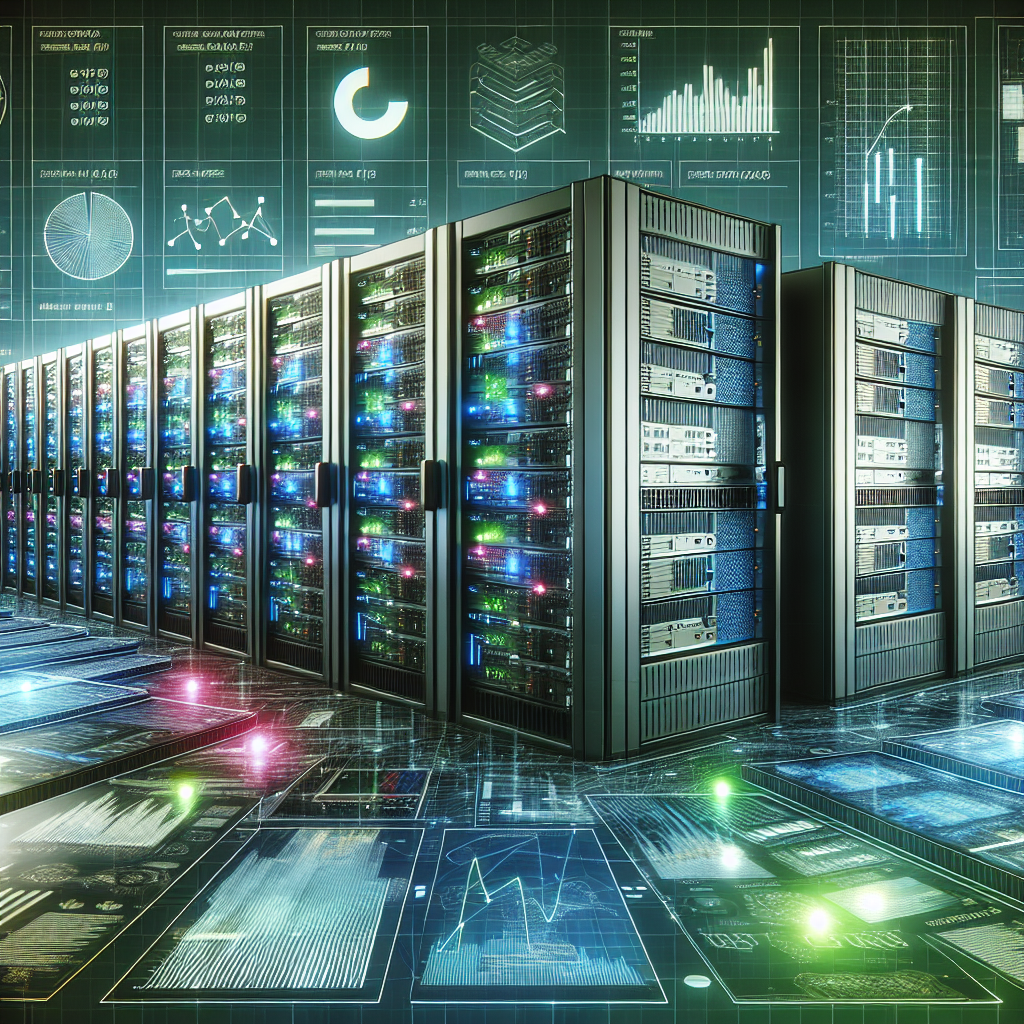Data Center Audits: Key Metrics and KPIs to Monitor for Success
Data centers are the backbone of modern businesses, housing critical IT infrastructure and data that is essential for operations. With the increasing complexity and importance of data centers, it has become crucial for organizations to regularly audit and monitor their data center performance to ensure efficiency, security, and compliance. In this article, we will discuss the key metrics and key performance indicators (KPIs) that organizations should monitor for successful data center audits.
1. Power Usage Effectiveness (PUE): PUE is a widely used metric that measures the efficiency of a data center’s energy usage. A lower PUE value indicates higher energy efficiency, which can lead to cost savings and reduced environmental impact. Monitoring PUE regularly can help organizations identify areas for improvement in energy efficiency and optimize their data center operations.
2. Cooling Efficiency: Cooling accounts for a significant portion of a data center’s energy consumption. Monitoring metrics such as temperature, humidity, and airflow can help organizations ensure optimal cooling efficiency and prevent overheating of equipment. Regularly auditing cooling systems and implementing improvements can help reduce energy costs and prolong the lifespan of IT equipment.
3. Server Utilization: Monitoring server utilization metrics such as CPU usage, memory usage, and disk space can help organizations identify underutilized resources and optimize server performance. By regularly auditing server utilization, organizations can ensure efficient resource allocation and avoid wastage of valuable IT resources.
4. Uptime and Downtime: Uptime is a critical KPI for data centers, as any downtime can result in significant financial losses and damage to reputation. Monitoring uptime metrics and implementing measures to minimize downtime, such as redundant power supplies and backup generators, can help organizations ensure high availability of their IT infrastructure.
5. Security and Compliance: Data centers store sensitive information and are a prime target for cyberattacks. Monitoring security metrics such as intrusion attempts, access logs, and compliance with regulatory standards can help organizations prevent security breaches and ensure data protection. Conducting regular security audits and implementing robust security measures are essential to safeguarding data center assets.
6. Environmental Monitoring: Monitoring environmental factors such as temperature, humidity, and air quality is essential for maintaining optimal conditions for IT equipment. Regular audits of environmental metrics can help organizations identify potential risks to equipment health and implement measures to mitigate them.
In conclusion, data center audits are essential for ensuring the efficiency, security, and compliance of IT infrastructure. By monitoring key metrics and KPIs such as PUE, cooling efficiency, server utilization, uptime, security, and environmental factors, organizations can identify areas for improvement and optimize their data center operations for success. Regular audits and proactive measures can help organizations stay ahead of challenges and ensure the reliability and performance of their data centers.


